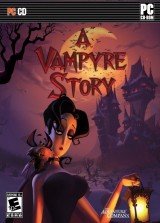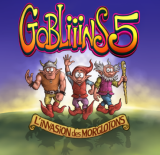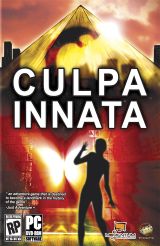Review for Torn Away
During World War II, German soldiers gathered millions of people from Central and Eastern Europe and forced them to work in labor camps. They were given badges marked “OST” (from the German word for “east”) and called “Ostarbeiter,” or “Eastern workers.” According to Wikipedia, by 1944 most of these workers were children, since the majority of adults were conscripted to serve in the war for Germany. Torn Away follows one of these Ostarbeiter children, a young girl named Asya from Stalingrad in the Soviet Union. Before she is taken away by the Germans, we see her in her home, living life as usual. She loves her toys, she draws pictures to give to her parents, and she keeps a diary filled with her thoughts and mementos. When she and her mother are ripped from their home, it is sudden and jarring, and their lives change as drastically as you can imagine.
Aiming to portray all the horrors of war from the perspective of a child, Torn Away doesn’t hold back. It goes to great lengths to show how bleak things are for someone in Asya’s position, and the fact that she’s just a kid does not mitigate the bleakness. It’s a harsh, unrelenting story, but it’s also an affecting and beautiful one. Interspersed throughout the darkness are lighthearted and tender moments that remind both Asya and the player that life is worth living. Asya struggles and overcomes seemingly insurmountable odds, and she is rewarded with bits of reprieve that often made me realize I had been holding my breath during the tenser sections.
You follow Asya as she escapes from the labor camp and desperately tries to find her way back to her homeland, where she believes she has extended family members waiting for her. Her only companion is Comrade Mitten — a hand-sewn mitten that she not only wears but also listens to. Comrade Mitten is a bit of a chatterbox, often acting as narrator as well as providing advice and encouragement as Asya makes her way through battlefields, German towns, and the snowy wilderness in hopes of getting home. She is faced with both moments of sheer terror and simple acts of kindness — and survival — along the way.
There is a deliberation to the gameplay that mirrors the contemplative nature of the plot. Nearly everything you do in the game is slow and thoughtful. There is no action-oriented gameplay here — instead, you spend most of your time using the keyboard to crouch-stealth and do some light platforming or completing simple tasks using the mouse, such as a sequence reminiscent of The Long Dark, wherein you find firewood and matches to make a cup of coffee on a wood-burning stove.
There is a sensitivity slider in the settings, but it doesn’t seem to have much of an effect. I would have appreciated more sensitivity by default, as some of the interaction with objects is clunky, and there are awkward first-person sections where I had to put some elbow grease into my mouse just to turn in a different direction. The platforming is far from fluid as well, since you really have to get the timing right when jumping, but I honestly found this to be a welcome challenge in a game that is so light on gameplay. Mostly, Torn Away feels like a visual novel with some padding. It could have done just as well with the narrative aspects only, but props to the development team for attempting something different.
The graphics in Torn Away are absolutely gorgeous. It’s rendered in an alluring illustrative style that’s reminiscent of Asya’s own sketches in her diary/scrapbook. The diary itself is a welcome addition, offering some background and insight into Asya’s plight. She writes her thoughts down in Russian, but you can get a closer look in English, and she adds lovely little sketches throughout. The voice acting is in Russian as well, with subtitles in the language of your choice, and it hits all the right emotional notes. I particularly loved hearing Comrade Mitten’s jaunty encouragement, and Asya’s mother’s comforting voice affected me quite deeply, especially when she softly sang to Asya. The soundtrack is beautiful. There are times when you simply walk across a snowfield or barren battlefield, and the camera pans out and a melancholy song plays, giving you the opportunity to reflect on all that’s happened. Crackling snow, gunfire, and howling wolves escalate the sense of danger, while sounds such as a kettle whirring or potatoes boiling provide comfort when needed.
Torn Away is a beautifully told story. It uses the medium of video games and all that entails — including art design, sound, and gameplay elements — to communicate a historical narrative to the player. I enjoy games that offer a different perspective on things, and while Torn Away doesn’t have anything particularly profound to say aside from the fact that war is terrible, it does provide an often overlooked perspective on it: the small but immensely important world of a child caught in the crossfire.




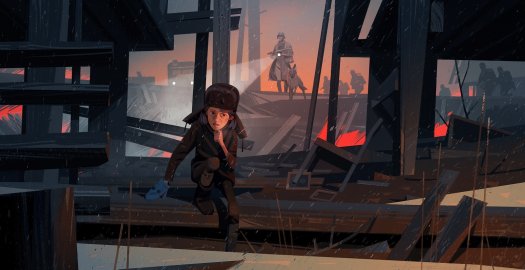
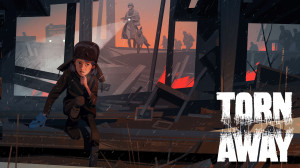





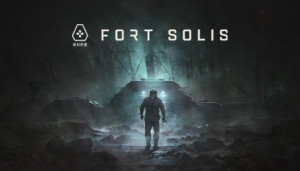
![[I] doesn’t exist - Game Review](https://cdn.nivoli.com/adventuregamers/images/screenshots/47338/header__medium.jpg)


,_con_logo__medium.png)


